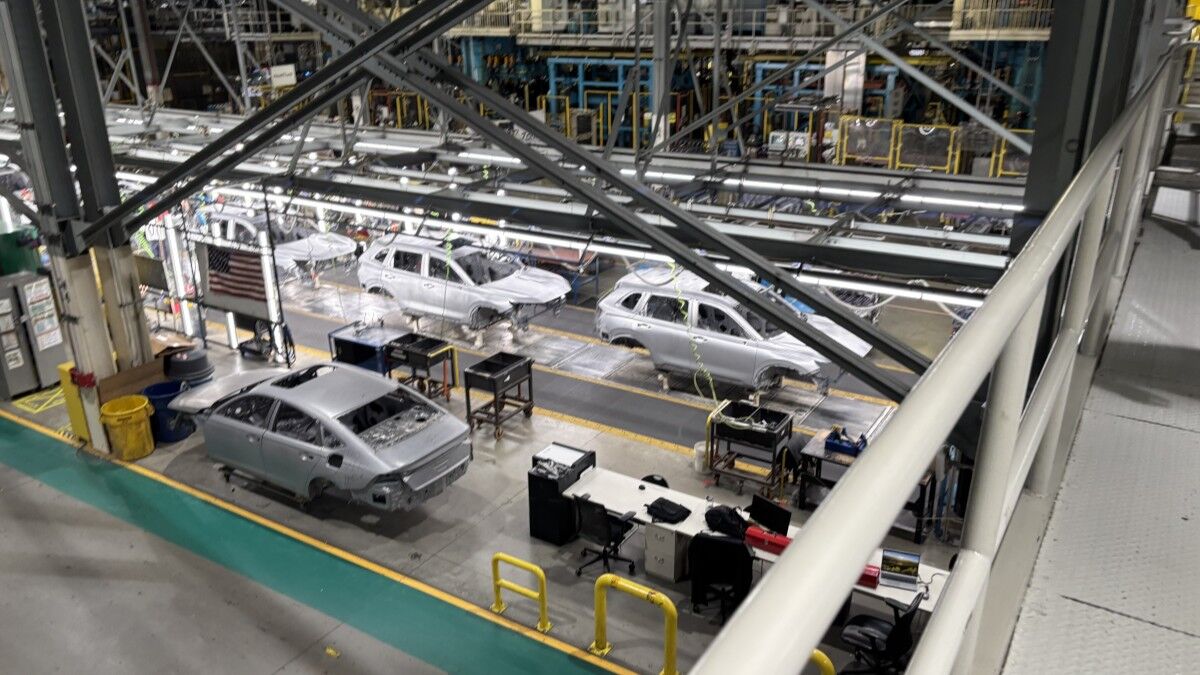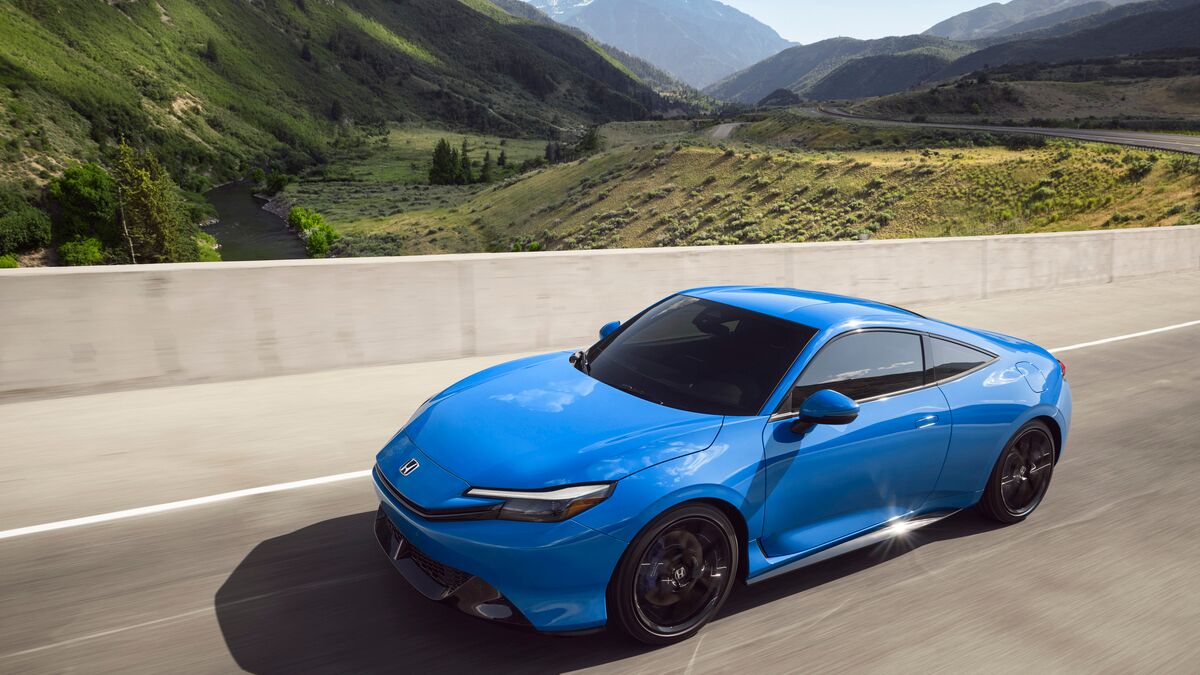- An international dispute over microchip production threatened to spike new car prices
- It appears over, as one country has backed down from threats
A major threat to new car prices appears to have eased.
CNN reports, “A high-stakes standoff between China and the Netherlands over control of a crucial chipmaker reached a detente Wednesday after Amsterdam suspended a controversial order that enabled it to take control of Chinese-owned Nexperia.”
Most of today’s cars use hundreds of tiny microchips, controlling everything from engine timing to cabin temperature.
While most high-tech industries use the latest, high-powered microprocessors, the automotive industry uses many older, lower-powered chips in nearly every car. Nexperia is one of the few companies still producing those in high volume. It supplies about 40% of the global auto industry.
The company has production facilities in the Netherlands, but Chinese ownership. A trade dispute last month saw the Dutch government briefly take control of those facilities, and the company’s Chinese leaders threatened to pause microchip shipments.
Automakers warned they might have to slow or stop production of many cars if that happened.
Now, Reuters reports, the Dutch government has retracted the move, and China’s Commerce Ministry has called the move a “first step in the right direction.”
The automotive industry, meanwhile, is working to ease its vulnerability in future car designs.
Some startup automakers, such as Rivian, have pioneered vehicle designs that rely on fewer, higher-powered chips. Volkswagen Group, the planet’s second-largest automaker, invested $5 billion in Rivian to access that design for its future cars.
Last month, General Motors announced plans for a future vehicle architecture dependent on a single, high-speed chip.








